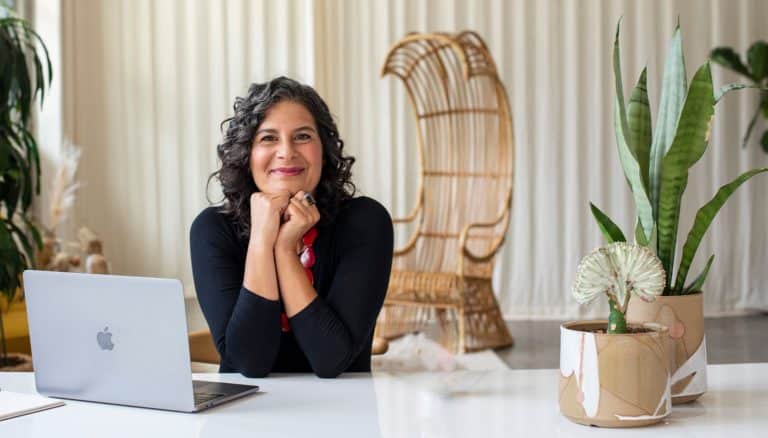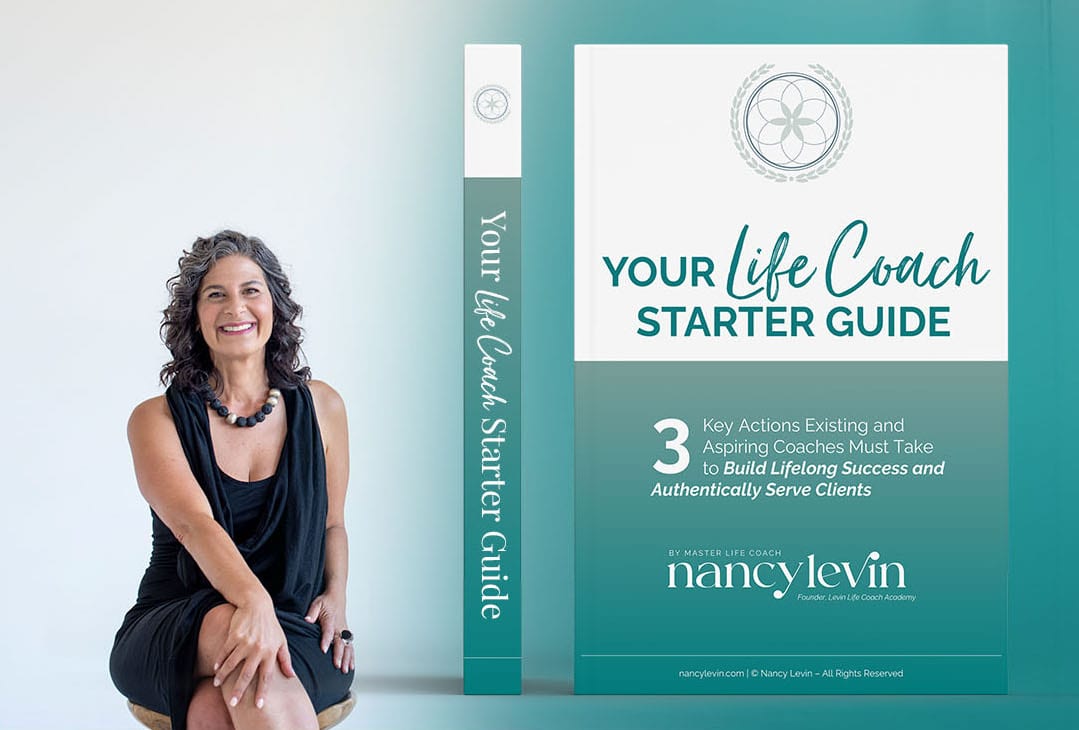
One of the easiest ways to tell if your self-worth could use a tune-up is by paying attention to how you judge yourself. Do you get very upset when you make a mistake? Do you say, “Damn! I’m such an idiot!” Do you tell yourself that you aren’t smart enough, aren’t good enough, aren’t capable?
Sometimes, that voice of judgment is so automatic that we don’t actually “hear” it, but we sure do feel it. The excuses come next. “Oh, I can’t join that class. It’s stupid.” “I can’t take that job. It’s too far away. What a commute that would be!” Underneath those excuses is the longing for the very thing we’re pushing away. And we push it away because we’re afraid we aren’t good enough.
When my critical voice starts to shout, I say, “Oh, here you are again. I’ve been expecting you, and I’m going to turn your volume down now. We’re not doing that anymore.”
Also underneath the excuses are our “what ifs” – “What if I’m not good enough to get that job?” “What if I’m not smart enough to keep up in that class?” We would rather stay safe and small than take the risk of finding out that our “what ifs” are correct.
But here’s the thing: When your self-worth is strong, the “what ifs” aren’t so scary. What if you take the class and find out you can’t keep up? So what? If your self-worth is solid, it won’t be damaged. You aren’t going to die if you can’t keep up in some class! The same is true of that job. If you don’t get it, so what? It’s hardly the only job in the world. With a strong sense of worthiness, we’re much less likely to let “failures” get us down. Instead, we see them as learning experiences that propel us forward to even better opportunities.
The condition of our self-worth is also revealed in how well we care for ourselves. Just as we demonstrate our love for others through our actions, we demonstrate self-worth through making sure we’re eating well, sleeping enough, and exercising enough. We nurture ourselves, taking time for what we need in order to feel good. That might be meditation. A walk in the park. A hot bath. A talk with a friend. Alone time.
It also means taking credit for our progress and our successes. We pat ourselves on the back when we do something well. We acknowledge our talents and abilities. We notice our growth.
Healthy pride comes from a place of knowing your worth. Arrogance actually comes from a lack of self-worth. It’s putting on a good show of self-worth, but it isn’t real worthiness. Do you know someone who has healthy self-confidence, yet isn’t boastful or arrogant? That person could be a good role model. Even if you don’t know anyone personally, you can probably find someone in public life who exhibits that kind of confidence. What would it feel like to take healthy pride in what you do and who you are?
Remember there’s no “ultimate” or “perfect” state of self- worth. No matter where you start, you have the opportunity to improve. So let’s look at ways you can increase your willingness to be worthy.








